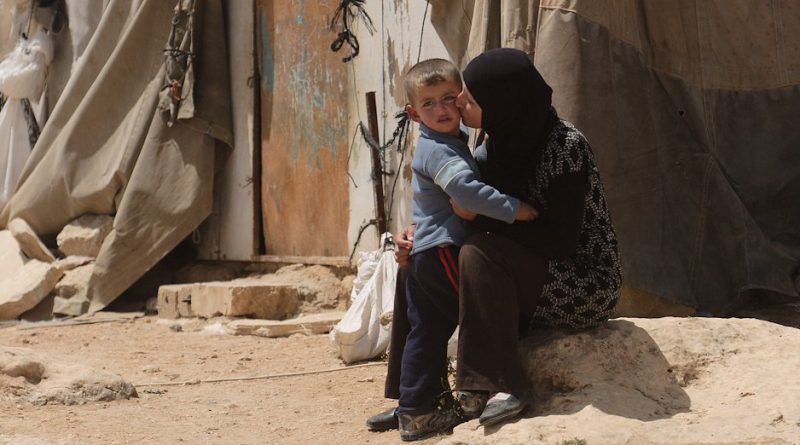Now Reading: India’s new Coastal Law threatens Mumbai’s fishermen
-
01
India’s new Coastal Law threatens Mumbai’s fishermen
India’s new Coastal Law threatens Mumbai’s fishermen
Changes to India’s Coastal Regulation Zone (CRZ) rules this year have lifted the ban on land reclamation for commercial purposes, will allow tourism in ecologically sensitive coastal areas and permit construction of the world’s tallest statue on an artificial island near Mumbai.
The fishermen known as kolis say the changes will lead to environmental damage, displace coastal communities and hurt the livelihoods of millions who depend on the sea for their survival.
“The coastal lands are ours by tradition. The state plans to take them away with this law,” said Rajhans Tapke, general secretary of the Koli Mahasangh association.
India’s coastline is more than 7,500 km (4,660 miles) long, and about 3.5 million people make a living from fishing and related activities. There are more than 3,000 fishing villages along the coast, from remote rural hamlets to bustling urban settlements in cities such as Mumbai and Chennai.
The set of rules regulating coastal development, known as the CRZ notification, was first issued in 1991. The 2011 notification, which placed greater limitations on development, came about after consultations with kolis, and created coastal committees that also represented them.
Amendments to the notification this year, permitting reclamation of seabed land for coastal roads and tourism facilities, were made despite objections from fishing communities and environmentalists, analysts say. Kolis in Mumbai say they will be badly hit.
The notification also allows Maharashtra state to build a proposed 192-metre (630 ft) tall statue to commemorate Shivaji, a 17th century warrior king. Fisherfolk say construction will disturb their catch, and pollution will increase from ferries plying to and from the statue.
Separately, a 10-km sealink that is part of a proposed coastal road to connect the city’s southern tip to the suburbs will destroy mangroves and affect their catches, they say. Fishermen are already battling industrial effluents and solid waste that drains into the sea, pollutes the mangroves and washes up on the beach.
The CRZ was meant for our protection, but now they have diluted it so much we have lost all protection, said T. Peter, general secretary of the National Fisherworkers’ Forum.
Fishermen and environmental groups have filed a petition against the sealink with the National Green Tribunal (NGT), a special court handling environmental cases. The court has ruled in favour of kolis in some earlier cases, and is becoming an important way to appeal the CRZ, said Menon. But it is not an easy option. They have to mobilise, and it takes time and money, she said.
The CRZ notification comes as fishermen have to go further out to sea for a decent catch, and more are turning to other means to supplement falling incomes. Mumbai fishermen have called for the 12-mile nautical limit to be increased to improve their catch.
They have also long demanded that the koliwadas be mapped and given protection in the CRZ III category which will preserve the settlements while allowing for redevelopment.
The kolis also want to be recognised as indigenous people, so their land and rights are better protected.








